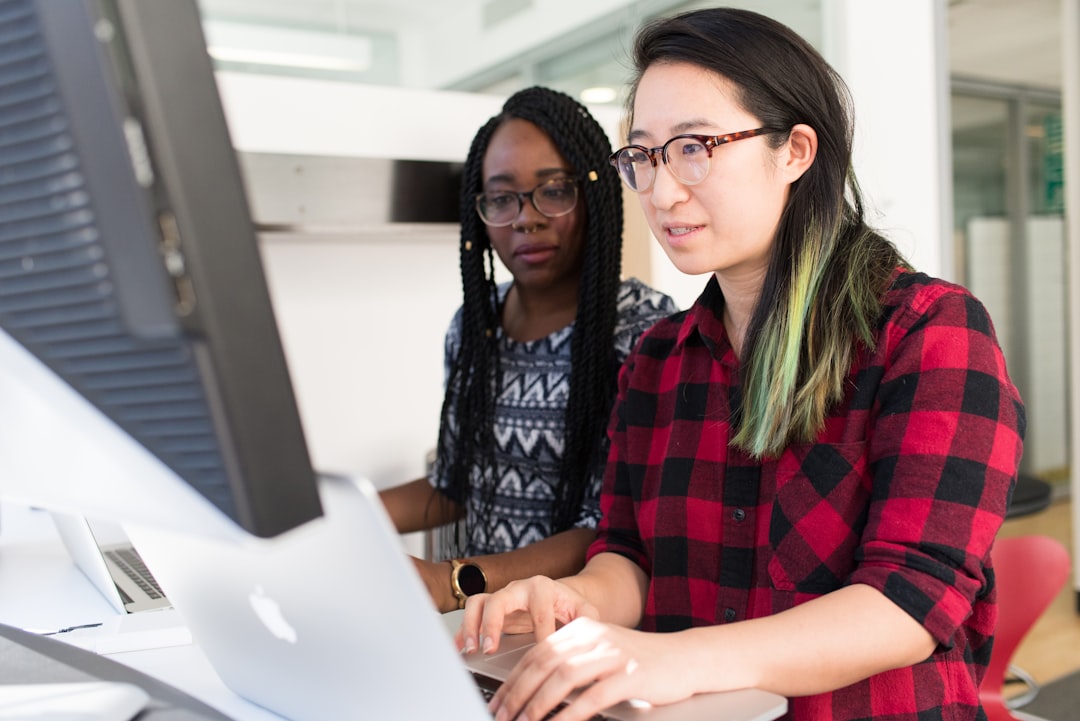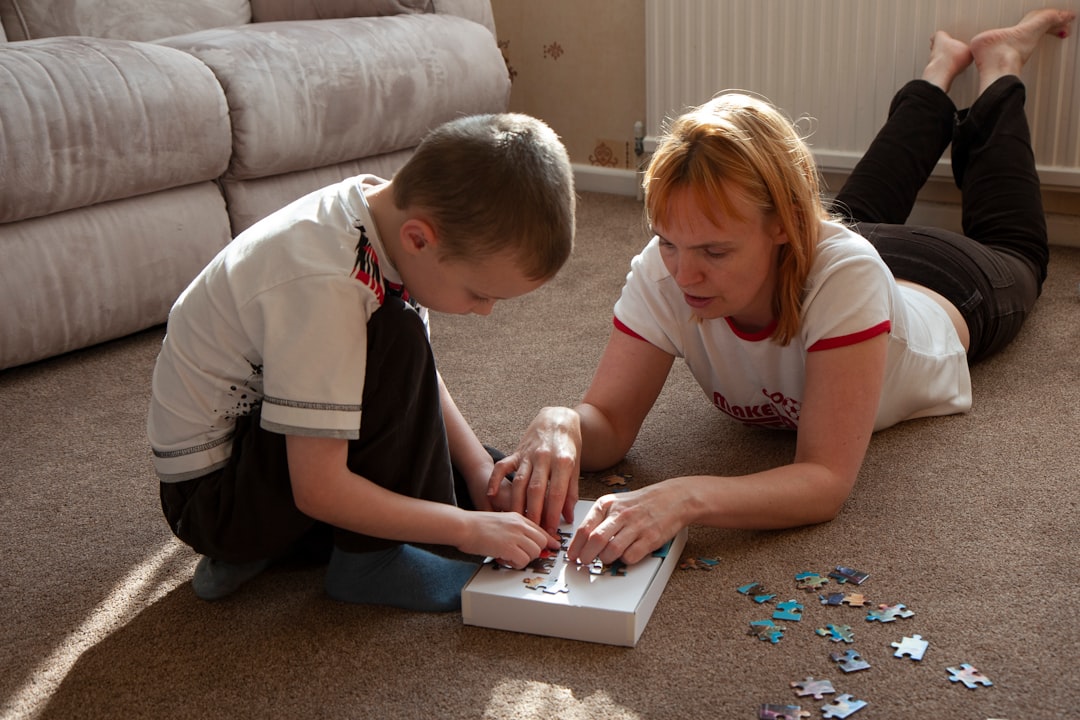What is it about?
Prospective memory refers to the ability to plan an intention, to retain it while being engaged in other activities, to retrieve and execute it at the appropriate occasion, and to deactivate it when it is completed. A typical example of a prospective memory task is remembering to post a letter on the way home from work in the evening after having formed this plan in the morning. In this study, we examine whether having performed the prospective memory task results in an aftereffect that can be expressed in a reaction time slowing in laboratory context. We also examined whether this effect varies according to different task characteristics (i.e., whether it was easy or difficult to find an opportunity to post the letter). We also tested whether a mailbox still activates the prospective task (and results in aftereffects), when it is not necessary anymore to post it anymore.
Featured Image

Photo by dianne clifford on Unsplash
Why is it important?
The study shows that - Having responded to a prospective memory task can result in a slower ongoing task performance (a cost different from monitoring) - Aftereffects of responing to prospecitve memory targets is strong for nonfocal target event and decreases with processing overlaps - Encountering (former) prospective memory targets after the deactivation of an intention can result in a slower ongoing task performance (aftereffects of aftereffects) - The latter occurs mainly for previously focal targets and when performing the prospective memory task was not possible
Perspectives
Having (had) a prospective memory task can lead to several different costs that can be measured under laboratory conditions. The fact that aftereffects of aftereffects occurred mainly when performing the prospective memory task was not possible is a theoretical challenge that requires an integration of motivational and cognitive factors.
Beat Meier
Read the Original
This page is a summary of: After-effects of responding to activated and deactivated prospective memory target events differ depending on processing overlaps., Journal of Experimental Psychology Learning Memory and Cognition, July 2022, American Psychological Association (APA),
DOI: 10.1037/xlm0001154.
You can read the full text:
Resources
Contributors
The following have contributed to this page










